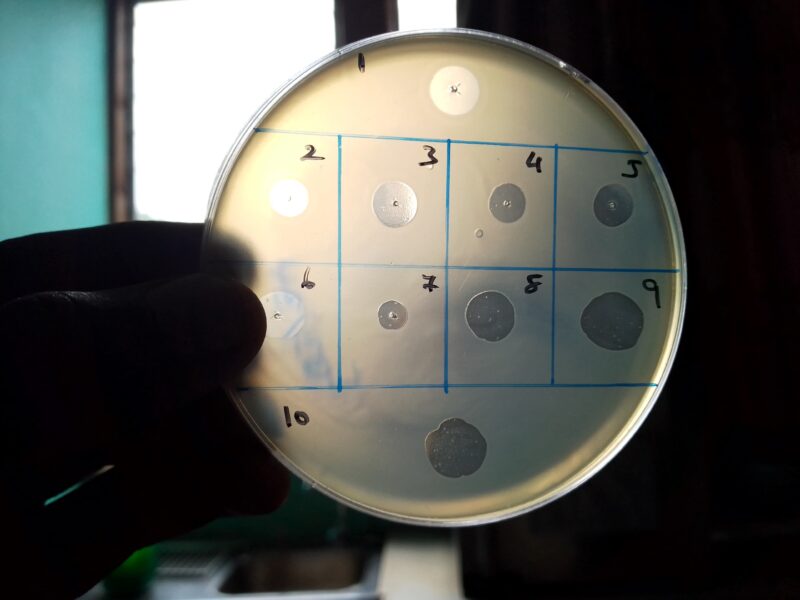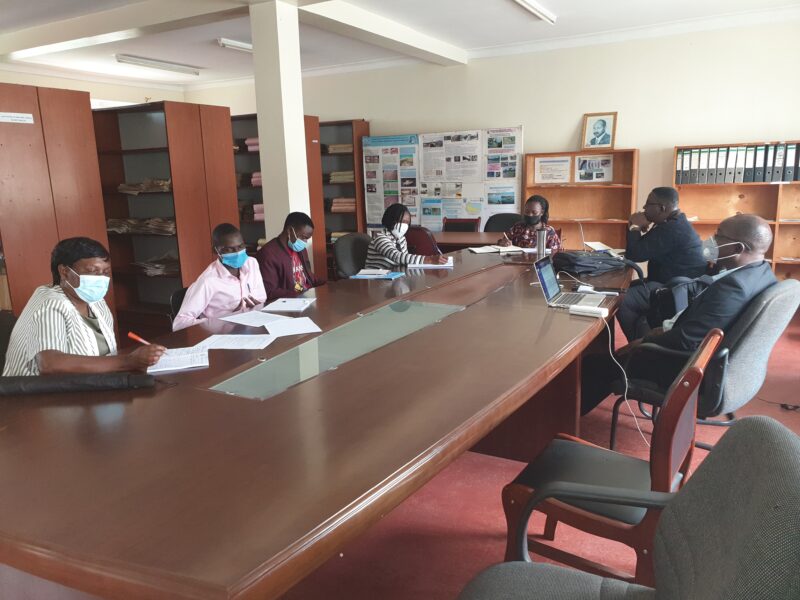The state of antibiotic resistance in Uganda: efforts to combat the problem
By AMR Insights Ambassador Raphael Hans Lwesya
Antibiotic resistance is a growing problem in Uganda, as it is in many countries around the world. The overuse and misuse of antibiotics has led to the development of bacteria that are resistant to these drugs, making it difficult to treat infections.
In Uganda, the problem is particularly acute in rural areas, where access to healthcare is limited and people often rely on traditional healers or over-the-counter antibiotics. This has led to the widespread use of antibiotics without proper diagnosis or prescription, contributing to the development of antibiotic-resistant bacteria.
To address this issue, the Ugandan government has implemented several measures to curb the overuse of antibiotics. For example, the Ministry of Health has launched a campaign to educate the public about the dangers of antibiotic resistance, and has also restricted the sale of antibiotics without a prescription. Additionally, the government has invested in the development of new diagnostic tools to help identify bacterial infections and improve the prescribing of antibiotics.
In addition to government efforts to curb the overuse of antibiotics, researchers in Uganda are also exploring alternative solutions to combat antibiotic resistance. One promising alternative is the use of phages, or viruses that infect and kill bacteria. Phages have been used for decades in Eastern Europe and are now being studied at Makerere University in Kampala, as a potential treatment for antibiotic-resistant infections. Although, these viruses are known for causing horizontal gene transfer through the transduction process, there for thorough screening must be done.


Figure 1 Plate showing bacterial lawn of Enterobacter cloacea susceptible to several phage isolates from our laboratory at Makerere university, school of biosecurity and lab sciences. Photo taken by Raphael Hans Lwesya
Figure 2 SAFEFISH team makerere university lead by Prof Jesca Nakavuma (First left) meeting with other collaborators from National fisheries research institute (NAFIRRI)
To support this research, a countrywide team has been established through different institutions such as Makerere University, Kampala International University and Kyambogo University to investigate phages and other alternative solutions to antibiotics. This team aims to leverage the expertise of different universities and research institutions to find new ways to fight antibiotic resistance.
Research is critical in guiding the fight against antibiotic resistance in Uganda. By understanding the underlying causes of resistance and identifying new treatments and strategies, researchers can help to slow the spread of antibiotic-resistant bacteria and ensure that antibiotics remain effective for future generations. The research on alternatives like phages is vital in providing new options to fight against bacterial infections and reduce the pressure of antibiotic resistance.
In addition to efforts by the Ugandan government and researchers within the country, the fight against antibiotic resistance in Uganda is also being supported by outside donors and international scientists. Organizations such as the World Health Organization (WHO) and the Centers for Disease Control and Prevention (CDC) have provided funding and technical assistance to help address the problem of antibiotic resistance in Uganda. These organizations have helped to support the development of new diagnostic tools, the implementation of public education campaigns, and the training of healthcare workers on the appropriate use of antibiotics. They have also helped to support the research on alternative solutions such as phages, which is being conducted at Makerere University and other institutions.
Furthermore, scientists and researchers from other countries are also working together with Ugandan researchers to help fight antibiotic resistance. They have shared their knowledge, expertise and technical assistance to help Uganda to combat the antibiotic resistance.
In conclusion, the state of antibiotic resistance in Uganda is a serious concern, but there are efforts underway to address the issue. The government is working to curb the overuse of antibiotics and researchers are exploring alternative solutions such as phages. By bringing together the expertise of different institutions and organizations, a countrywide team is working to find new ways to fight antibiotic resistance, and research is playing a crucial role in guiding these efforts. The fight against antibiotic resistance in Uganda is a complex and ongoing effort that requires the support of many different organizations and individuals. The Ugandan government and researchers within the country are working hard to address the issue, but they are also being supported by outside donors, international organizations, and other scientists who are providing funding, technical assistance, and other resources to help steer the fight.



